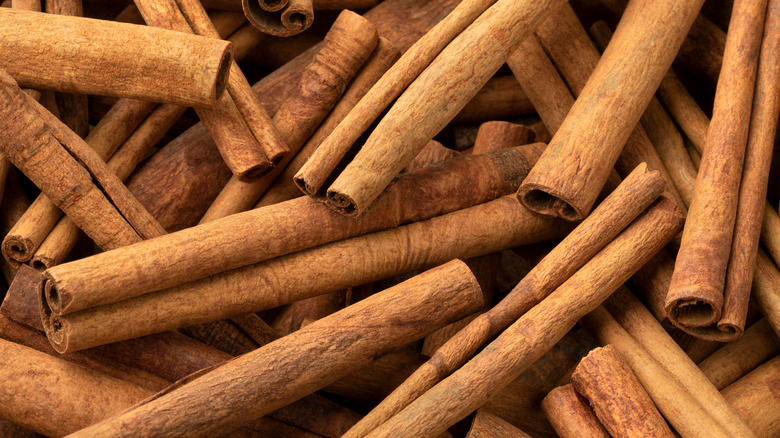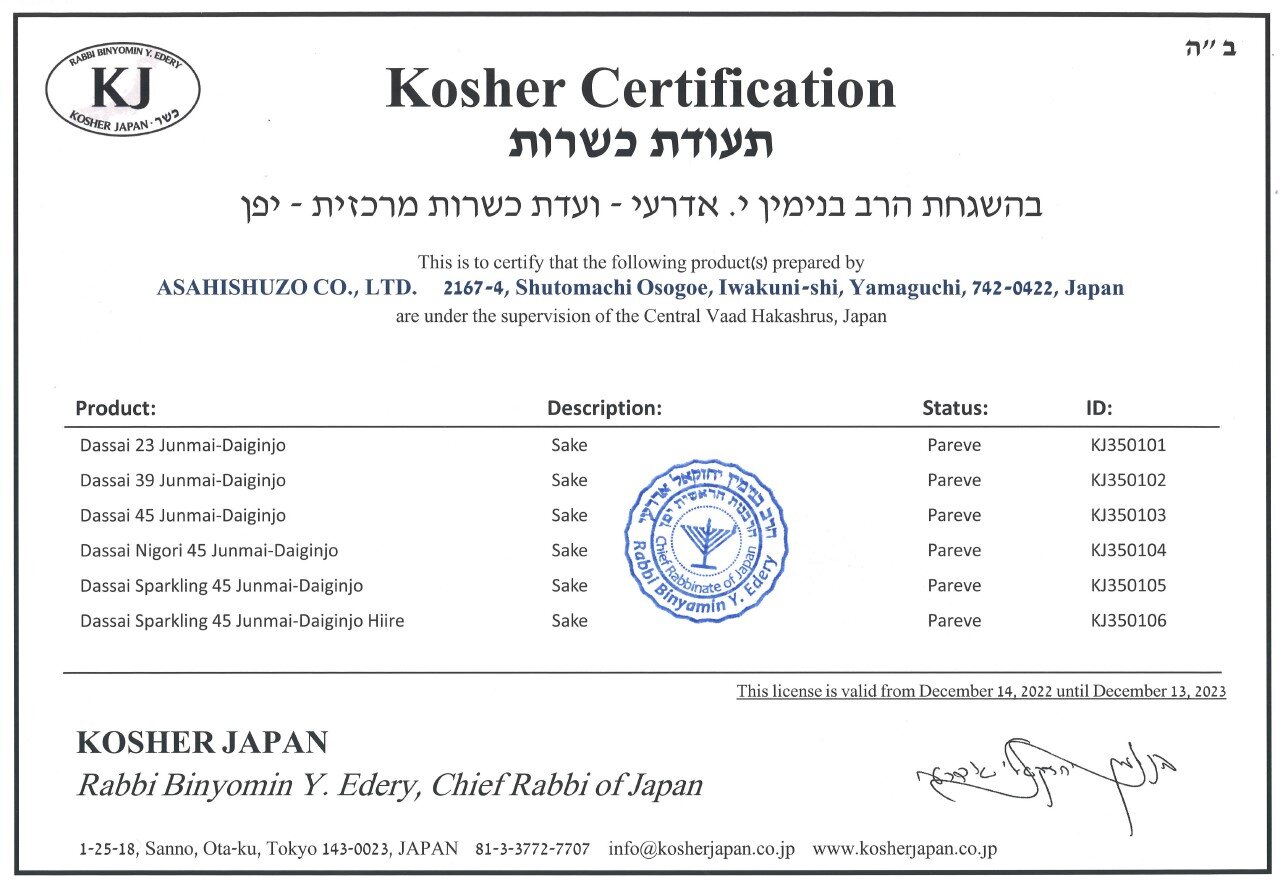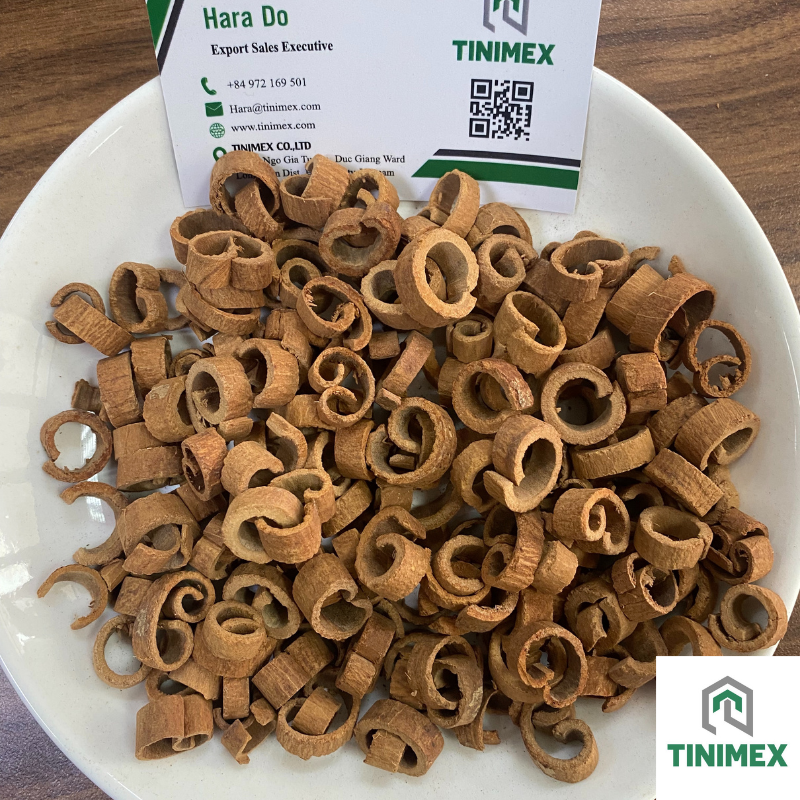7 Must-Have Certifications for Cassia Cinnamon Importers in 2025
7 Must-Have Certifications for Cassia Cinnamon Importers in 2025
In today’s global cinnamon trade, certifications have evolved from being a “nice-to-have” to a non-negotiable asset. In 2025, they are your passport to entering regulated markets, building long-term trust with international buyers, and unlocking access to premium pricing tiers. Without the right certifications in place, even high-quality cassia cinnamon sticks may struggle to pass customs, gain shelf space, or win contracts with major food and wellness brands.
As consumer awareness around food origin, safety, and sustainability continues to grow, importers and distributors are under increasing pressure to ensure their supply chain is transparent, ethical, and compliant with international standards. From food safety and organic practices to fair trade and environmental sustainability, certifications are the clearest proof that a product—and its producer—meet the demands of a modern, high-stakes marketplace.
For cassia cinnamon sticks in particular, which are widely used in food manufacturing, health products, and even cosmetics, the right certifications don’t just protect your shipments—they strengthen your brand reputation and give you a competitive edge in negotiations with global buyers.

In this practical guide, we break down the 7 most important certifications that cassia cinnamon importers must know in 2025. You’ll discover what each certification means, why it matters, how it benefits your business, and what steps are involved in verifying or obtaining these certifications from Vietnamese suppliers. Whether you’re new to importing or looking to tighten your compliance game, this is your roadmap to navigating the certified cinnamon trade with confidence.
1. USDA Organic Certification
Why It’s Important:
- Ensures cinnamon is grown without synthetic fertilizers or GMOs
- Mandatory for entry into U.S. organic food retail
- Boosts consumer trust and brand value
Resource: USDA Organic Certification Guidelines

2. EU Organic Certification
Relevance:
- Required for sales in European Union organic markets
- Enforces strict chemical residue limits and documentation

EU Organic Certification
3. Fairtrade Certification
Ethical Sourcing in Focus:
- Verifies ethical labor practices and fair pricing for farmers
- Growing demand in Germany, UK, Netherlands
- Supports sustainable, community-driven sourcing
Pro Tip: Use it for storytelling-driven marketing.

4. ISO 22000 – Food Safety Management System
Global Food Safety Assurance:
Essential for Muslim-Majority Markets:
- Required for entry into Saudi Arabia, Malaysia, Indonesia, UAE
- Assures cinnamon is free from haram substances and processed per Shariah laws
Tip: Combine with ISO or Organic certification for wider reach.

6. Kosher Certification
Market Expansion:
- Opens doors to Jewish food markets in the US, Israel, and parts of Europe
- Signifies high purity and sanitation standards

Note: Especially valuable in supplement and herbal product sectors.
7. Rainforest Alliance Certification
Environmental and Social Impact:
- Indicates sustainable farming practices and biodiversity protection
- Strong appeal among eco-conscious brands and buyers
Application Tip: Often combined with Fairtrade or Organic.

How These Certifications Impact Importer Success
What You Gain:
- Increased buyer confidence and premium pricing
- Smoother customs and regulatory clearance
- Access to high-value retail channels in EU, US, and Asia
Internal Link: Top 10 Cassia Cinnamon Importing Countries in 2025
Final Thoughts – Invest in Certification, Reap Global Rewards
In 2025, cassia cinnamon importers can’t afford to overlook certification. Whether you’re exporting from Vietnam or distributing to Europe, the right documentation is your key to trust, efficiency, and competitive advantage.
📩 Contact our team for samples, specs, and export support:
🌐 www.tinimex.com
📧 info@tinimex.com
📞 +84 366 808683
Related Posts:
Premium Cassia Cinnamon Sticks – Ideal for Spice Importers & Distributors
2025 Buyer’s Guide to Cassia Cinnamon Sticks



